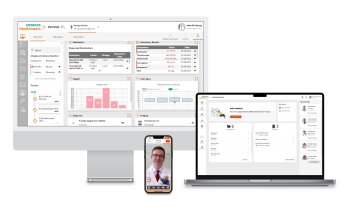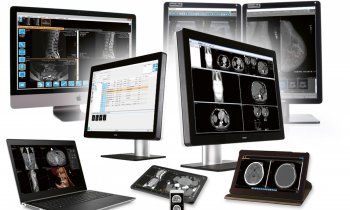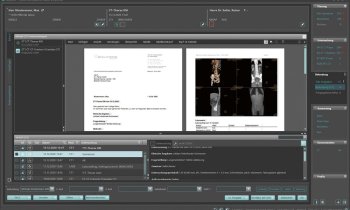At war with nosocomial infections: Software that looks hard to beat
Report: Jane MacDougall
The clinical informatics firm ICNet International Ltd, which develops case management and surveillance software, has produced a software package using the SSI (Surgical Site infection surveillance) Monitor to combine information about patient movements in a hospital with data held by the laboratory and theatre systems -- and to alert staff if a patient is either infected or at risk of contracting a nosocomial infection (or HAI).
‘ICNet is an innovative software package that allows real time collaboration of patient and laboratory data to enable proactive infection control case management and surveillance of HAI,’ explained Tom Keith-Welsh, the firm’s marketing manager. ‘It also provides a powerful tool for the manipulation and analysis required for mandatory reporting of these infections.’
Through interfacing with third party databases such as the Laboratory system, Patient Administration/Hospital Information system, and surgical systems, ICNet has been designed to automate the collection of data as required by the Infection Control Team.
The University of Leicester Hospitals Trust is among several British healthcare organisations to have adopted the programme. There, senior nurse Susan Davey explained: ‘ICNet supports the work of the Infection Prevention Team by retrieving data from multiple systems, which saves time, because we used to search for this information. We are able to respond more quickly as microbiology results come through automatically, so we no longer have to wait until we are notified by a microbiologist.’
The system posts an alert when there is more than one positive result in a single area, highlighting a potential outbreak at an early stage
The database also enables staff to create reports on any combination of factors they feel are relevant and then pass that on to clinical colleagues. ‘Antibiotic resistance information is automatically recorded, providing an early warning to resistance patterns,’ she added. ‘We also use the system as part of our healthcare associated infection surveillance system, which will greatly improve our reporting facility.’
Installed in Leicester in March, evidence is already emerging that the system is valuable. ‘It will,’ said Liz Collins, the hospital’s lead nurse for infection prevention, ‘lead to earlier treatment and more effective infection prevention management for our patients and will enable my team to work more efficiently.’
Eventually, the ICNet system will also be used to control antibiotic use, helping the Leicester hospital to contend with antibiotic-resistant infections.
The Royal Chesterfield Hospital, with 19 wards and 569 general and acute beds, also installed the system. There, Diane Simpson, Senior Matron (Infection, Prevention & Control), said the system has saved 14.5 hours a week for each IP team member through significant reductions in the time taken to carry out common tasks such as data analysis, creation and collection of data and patient surveillance. Effectively, there was a 40% reduction in administrative time after the installation.
14.06.2011











